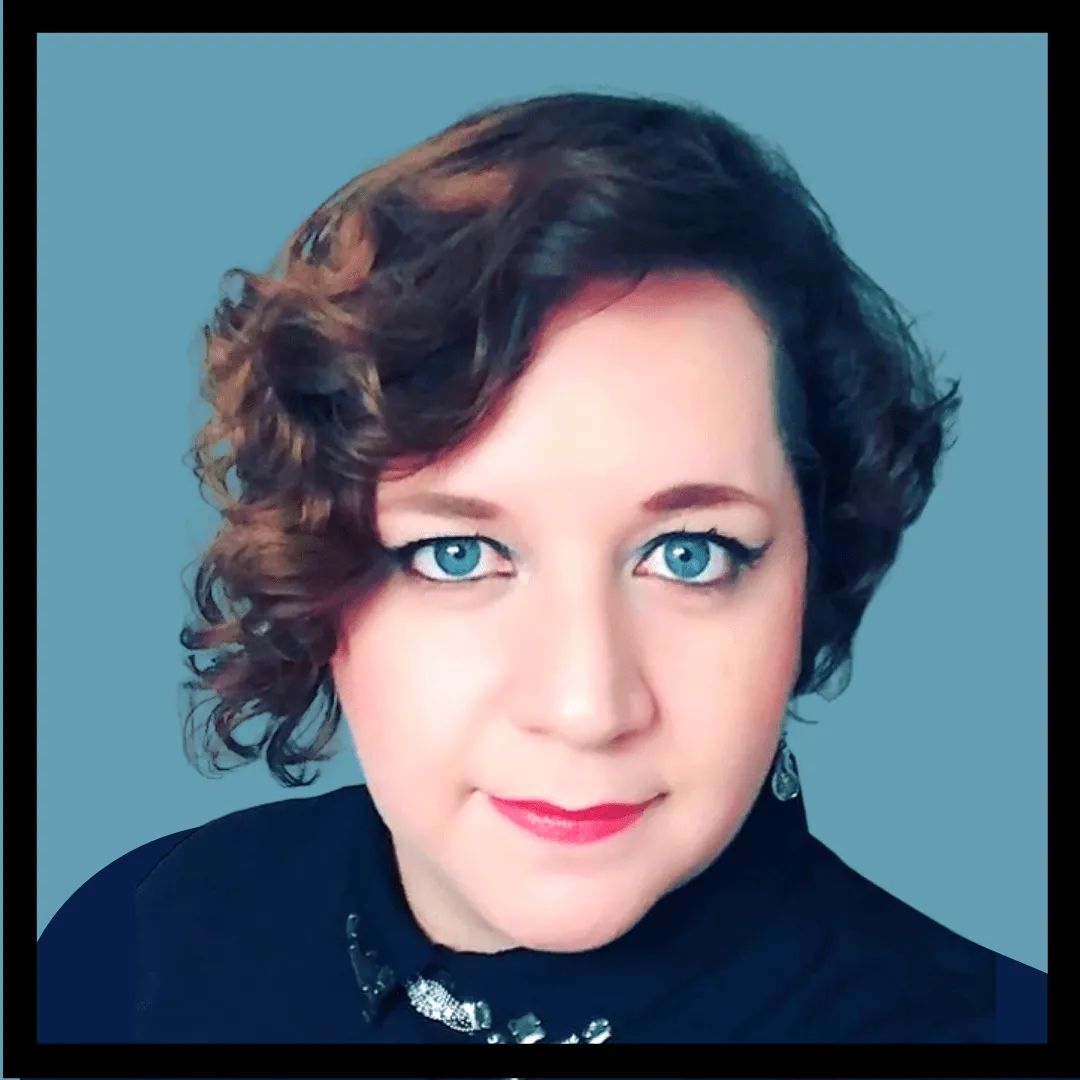Looking to brush up your writing skills or learn a new trick or two? You've come to the right place! Check back weekly for helpful tips and articles that make your writing better.

Once all the hard work of writing the very first draft of your novel is complete (yay!), and you’ve had the time to give it a look-over and fix all the spelling errors, typos, and other general first-draft inconsistencies and issues, the next thing you’ll likely want to do before you send the book off to editors/agents/publishers is to have a fresh pair of eyes look over the book and give you feedback.
This fresh pair of eyes usually comes attached to someone we call a Beta Reader. As the writer, you are the Alpha—you read it first (hopefully at least once after you wrote it). But this person reading it second will be able to come to the story with no expectations and, crucially, the ability to see what is really on the page, instead of what you thought you put on it.
A beta reader is:
- Someone who works more closely with you and with the text than just a regular editor or proofreader. Your beta reader is not only a fresh set of eyes, but also your brainstorm buddy and springboard.
- Someone who will read your whole story and help you with substantial changes, pointing out issues like: redundant and unnecessary emotional beats, inconsistent character development, conflicting worldbuilding explanations, plot holes, and much, much more.
Why do I need a beta reader?
As much as we all like to believe that our stories are perfect the way they tumble out of our heads and onto the page, they are not. Much like a cook will hold out a spoon of sauce to someone else and ask, ”Taste this, is it okay? Is it missing anything?”, an author offers their book to a beta reader and says, “Hey, can you try this, and let me know what I can do to make it better?”
Beta readers don’t usually work with the niggling errors like grammar, typos, or punctuation, but the arrangement that you make with your beta reader could include those corrections, if that’s what you want.
How do I find one?
When you’re choosing a beta reader, I recommend picking someone who is familiar with your work—both the good and the flawed—someone you can trust to be honest and engaged without being cruel. This is someone you’re going to spend a lot of time talking to (I’ve logged over a dozen hours on video chats with my beta for my current novel, and she’s only halfway through it), so you need to make sure you have a good relationship.
Of course, if someone is your beta reader, it is also commonly understood that when the time comes for their work to need fresh eyes, you’ll be returning the favor.
As tempting as it is to offer a novel to a reader, fan, or a family member who loves your work, your story will be best served by working with a beta reader who is, themselves, a writer. They will understand the nuances of narrative structure, voice, character arc, and other technical aspects of your story, and they will be able to provide precise and useful feedback that comes from a place of experience.
Look for a beta reader in:
- Writer’s groups found through your local bookstore, school, or library
- Writing classes and workshops
- Fanfiction communities
- Online writer-reader matching services, hashtag roundups, or contests
Basically, anywhere you interact with your fellow writers, you can find a potential beta reader. Don't be afraid to ask!
⤟ backstory ⤠
September 2025
August 2025
July 2025
May 2025
April 2025
March 2025
February 2025
January 2025
December 2024
November 2024
Copyright © 2026. All rights reserved
StoryBilder and the StoryBilder logo are trademarks of StoryBilder, Ltd.










